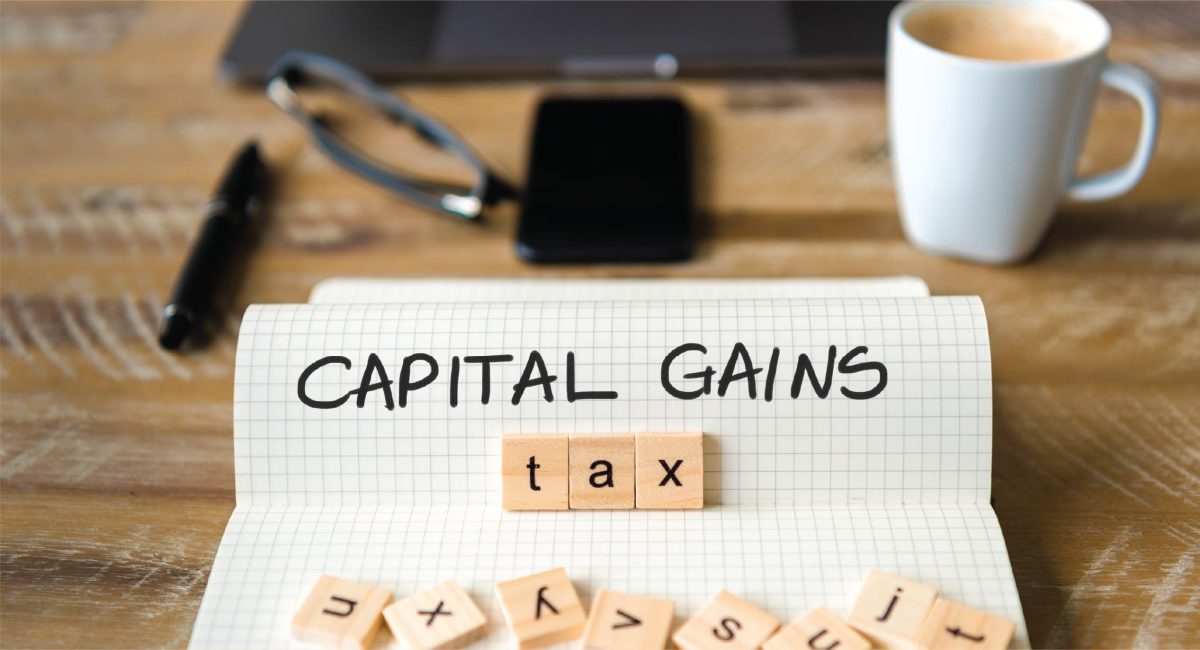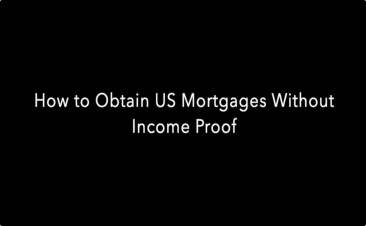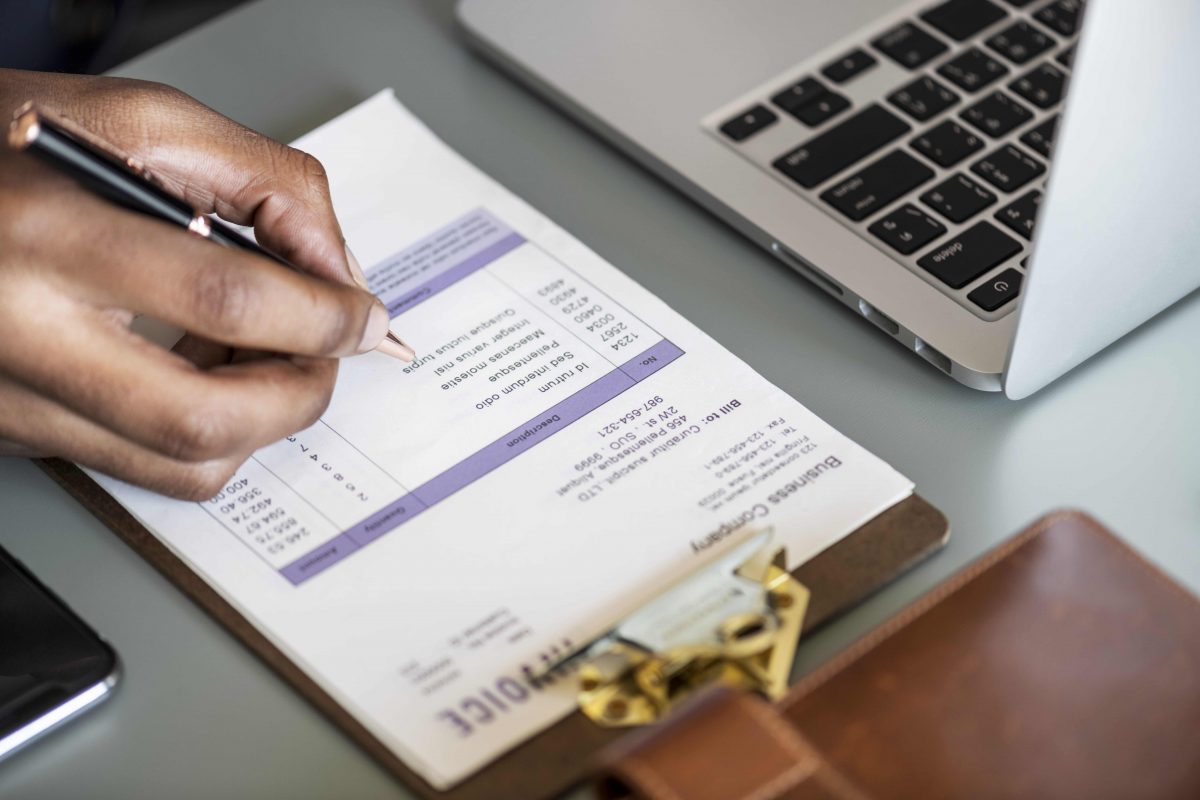Even against the backdrop of a global pandemic, the U.S. real estate market continues to grow faster than the wildest expectations. Several factors, including the lowest mortgage rates in history, positive buying intent, and reduction of the unemployment rate, have pushed the home prices to the point that surpasses the 2005 index.
The latest quarterly report (fourth quarter of 2020) of the National Association of Realtors (NAR) shows a record jump in home prices. Single-family home’s median price took the biggest leap, soaring 14.9% to $315,000 in that period. The housing market has not experienced such a rise since 1990.
What does this record price boost tell us? Does this affect a large number of buyers who have survived the pandemic recession? Will this lead to inflation?
Analysis of the Ascending Home Prices
People are moving to suburbs: The flexible work policies amid the COVID-19 breakout and low mortgage rates have allowed thousands of people to leave expensive cities like San Jose, Brooklyn, and New York City. Those people have relocated to less expensive suburbs; a 20.7% price gain in the Northeast supports this trend. The West, Midwest, and South followed with 15.5%, 15.1%, and 14% gain, respectively.
The NAR data shows an increase in prices in every single metro area in the year-to-year index. Also, only 115 metros had a double-digit rise in the third quarter, but it increased to 161 metros in the fourth quarter.
The price hike will discourage the actual homebuyers:Record low mortgage rates have lured many new home buyers to enter the market. However, this trend is unlikely to last long. The NAR’s chief economist Lawrence Yun thinks so. He predicts that the buying power of potential buyers is going to get hit hard by the soaring prices across the country.
Low rates have increased the demand for new homes, which in turn drives up the price. There is also a low inventory that further skyrockets the prices. Despite an improvement in the employment market, most families are still recovering from the pandemic-related economic woes. So, a large position of these households won’t keep up with the growing numbers since the home prices are spiraling out of their financial ability. The current situation may scare off plenty of actual homebuyers.
A possibility of inflation:The Biden Administration has planned to help the hard-hit households with a $1.9 trillion fiscal stimulus package. Some experts apprehend that such a big financial aid will lead consumers to splurge, which may trigger inflation.
Also, if people start spending that stimulus money, the cost of living will increase, driving up the growing home prices even more. Runaway inflation seems quite likely, which shot the 30-year mortgage rates to around 18% in the late 1970s.
However, things may not turn so bleak as it sounds. The chair of the Federal Reserve, Jerome Powell, has dismissed the possibility of sustained or massive inflation. The Economists at Oxford Economics also share the same thought, saying that the inflation outbreak is unlikely to reach 3%.
Sources: Marketwatch & Markets Insider


























